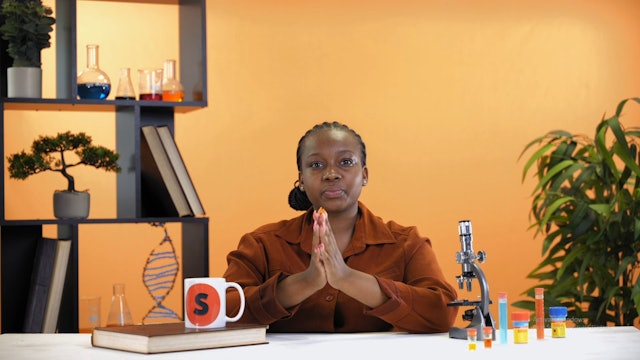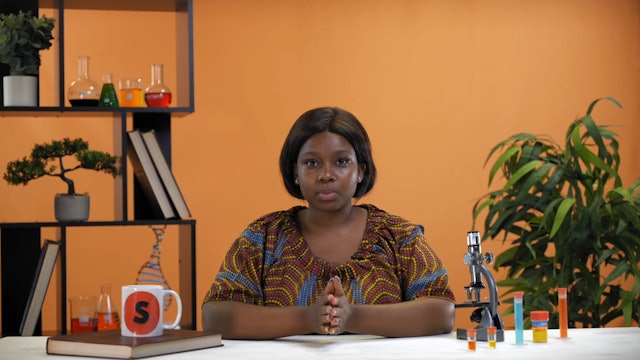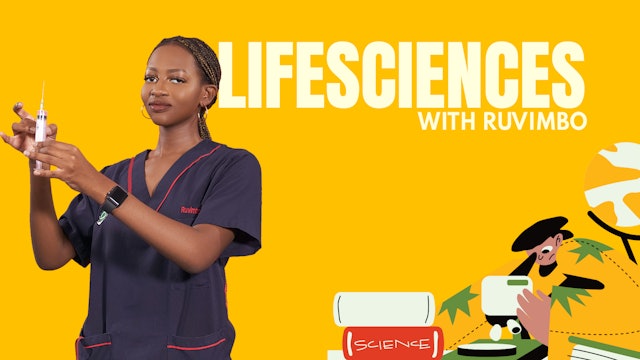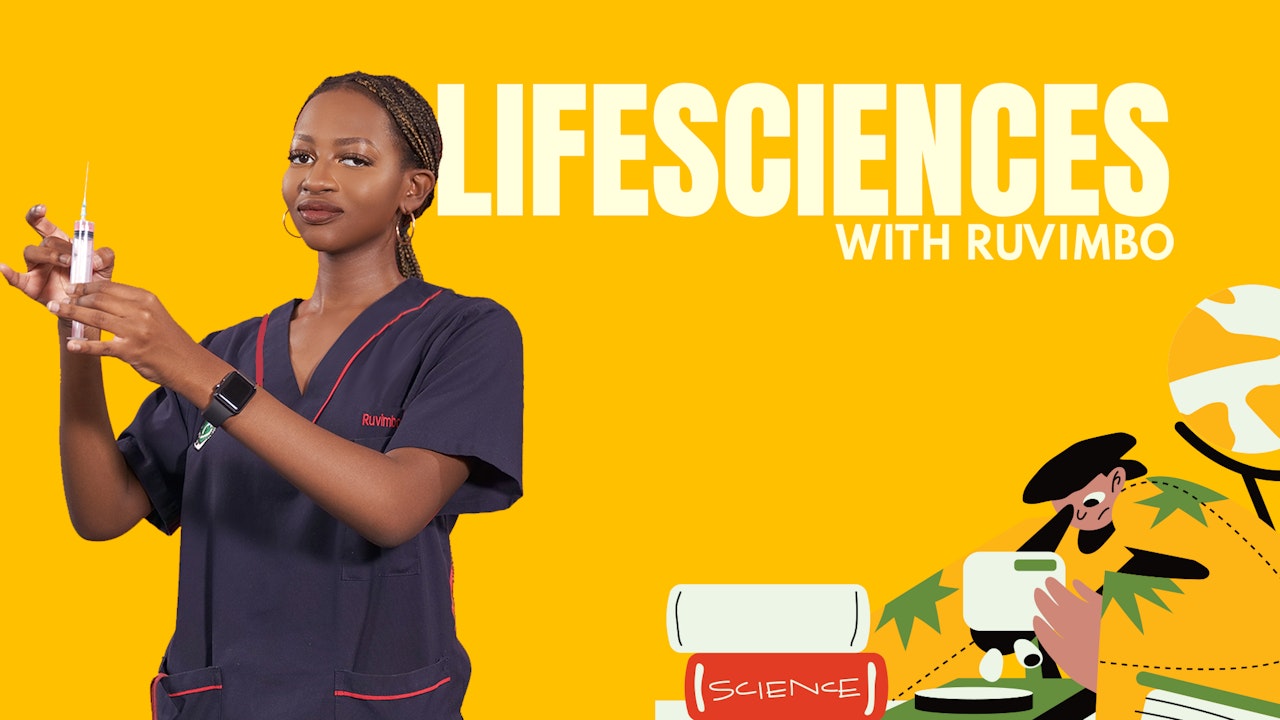Grade 11 Life Sciences
4 Seasons
Grade 11 Life Sciences covers a range of biological concepts and processes such as the life processes in plants and animals, diversity, change and continuity and environmental studies.
-
 13:47Episode 1
13:47Episode 1Human impact on the environment
Episode 1
In this lesson we will look at the impact of human activities on the biophysical environment, biodiversity, other resources and the working mechanism of the environment.
-
 09:38Episode 2
09:38Episode 2Water availability
Episode 2
In this lesson we will look at water availability, both as surface water and groundwater, is essential for agriculture, human consumption, industry, and energy generation.
-
 10:07Episode 3
10:07Episode 3Water availability and quality part 2
Episode 3
In this lesson we are going to focus on the last four factors which include poor farming practices, exotic plantation and depletion of water table, boreholes and the effect on aquifers as well as wastage and cost.
-
 12:08Episode 4
12:08Episode 4Water quality and pollution
Episode 4
In this lesson, we will be covering water quality and pollution.
-
 10:27Episode 5
10:27Episode 5Food security part 1
Episode 5
In this lesson we will look at food security which is access to healthy food and optimal nutrition for all. Food access is closely linked to food supply, so food security is dependent on a healthy and sustainable food system.
-
 09:48Episode 6
09:48Episode 6Food security part 2
Episode 6
In this lesson we will be covering how overgrazing, the presence of alien plants, Genetically modified food leading to gene pool as well as food wastage affect food security.
-
Loss of biodiversity (the sixth extinction) Part 1
Episode 7
In this lesson we will look at the loss of biodiversity, the 6th mass extinction, as well as how it can be defined as a rapid and widespread loss in biodiversity.
-
Loss of biodiversity (the sixth extinction) Part 2
Episode 8
In this lesson we will look at the process in which a natural habitat is rendered unable to support the species present. In this process, the plants and animals which previously used the site are displaced or destroyed, reducing biodiversity.
-
Indigenous knowledge systems and sustainable use of the environment
Episode 9
In this lesson we will look at indigenous knowledge (IK) and indigenous knowledge systems (IKS) refer to knowledge and knowledge systems that are unique to a given culture. This system can help to meet the broader objectives of society, for instance conserving the environment, developing sustaina...
-
 10:49Episode 10
10:49Episode 10Solid waste disposal
Episode 10
In this lesson we will look at how solid waste disposal must be managed systematically to ensure environmental best practices. Solid waste disposal and management is a critical aspect of environmental hygiene and it needs to be incorporated into environmental planning.





